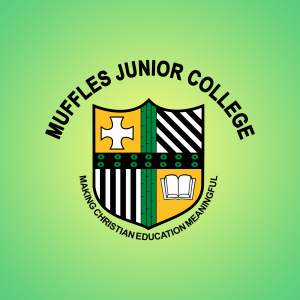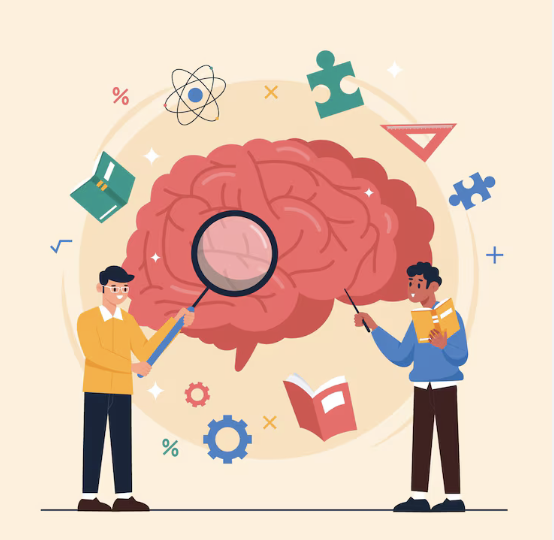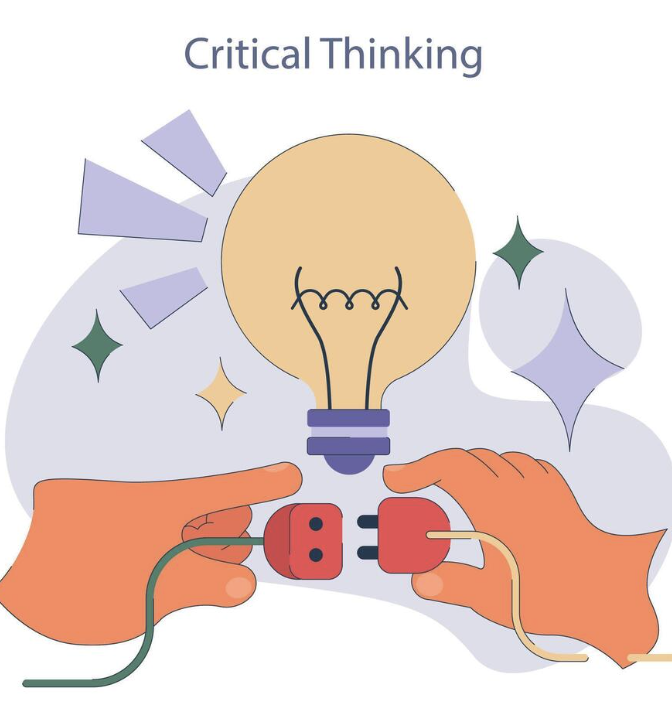-
-
This is the Student Handbook. (2024-2025
-
This is MJC Catalog 2024-2025
-
6.4 KB · Uploaded 20/01/25, 13:42
-
68.9 KB · Uploaded 29/04/25, 11:32
-
Skip course categories
Course categories
Skip courses
Courses
Business Computer Applications -CPS 110 (RM)
Tr. Rick Moguel
- Teacher: Rick Moguel
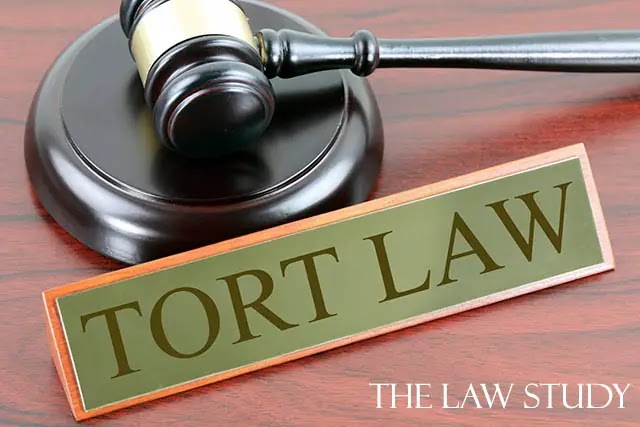
- Teacher: David Israel Constanza

- Teacher: David Israel Constanza

- Teacher: David Israel Constanza

- Teacher: David Israel Constanza

- Teacher: David Israel Constanza

In this course, students are able to understand how order is maintained in society as well as to
appreciate the roles and functions of the institutions of social control in the Caribbean with
particular interest to Belize. Students will become familiar with alternative explanations of
deviance and crime. Theoretical perspectives on social order and deviance will be evaluated and
applied to the explanation of the different aspects of crime and deviance. Students will analyze
the roles and functions of institutions of social control; assess alternative explanations of the
social distribution of crime, and evaluate issues that arise in an analysis of crime and deviance in
the Caribbean.
- Teacher: Xenia Morales

This course covers the basic process and principles involved in the growth and change of
adolescence, including a description of the physiological and social factors that contribute to
development, according to the major theories of developmental, cognitive, and social
psychology.
- Teacher: Xenia Morales
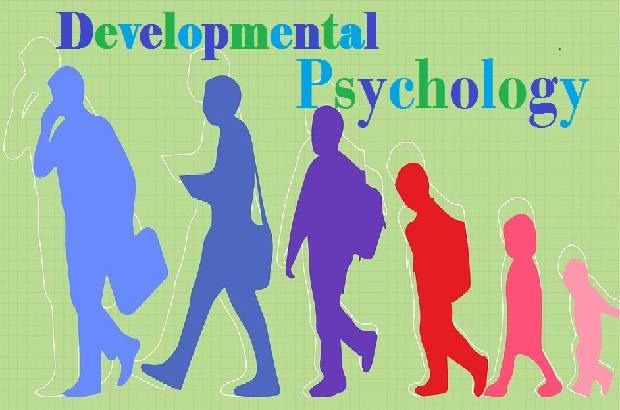
This course examines the basic process and principles involved in the growth and change of
individuals from conception through old age. It utilizes the major theories of developmental
psychology, particularly Erickson, Freud and Kagan, in order to provide a description of the
physiological and social factors of development.
- Teacher: Xenia Morales
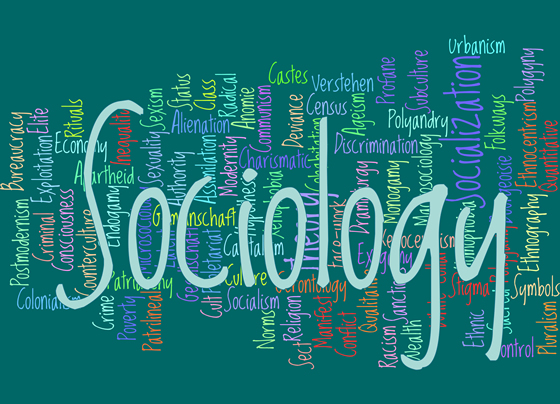
Humans are inextricably connected to one another; therefore, individuals must create systems for living and working together. It is through these institutions and social groups that human beings function as units. This course will examine the patterns and structures on which society is built and their evolution over time. It will introduce the scientific study of human society, culture, and social interactions. Topics include fundamental concepts, society, social change, sociological theory, culture, and scientific research. Upon completion, students should be able to demonstrate knowledge of sociological concepts as they apply to the interplay among individuals, groups, and societies.
- Teacher: Xenia Morales

Psy101
Teacher: Sergio Cal
- Teacher: Sergio I. Cal
This foundation course is designed to introduce the fundamentals of human behavior most commonly studied by psychologists, the methods used to study behavior, current theories and professional duties. It examines stages of development from infancy to old age with emphasis on adolescent and personality types.
- Teacher: Mauricio Calderon

This course focuses on the concepts of civil liability for wrongful conduct, the ability to evaluate alternative schemes for compensating victims of wrongful conduct, and the ability to apply skills of analysis and critical evaluation to a wide variety of material such as law reports, statutes, legal journals and the reports and working papers of law revision committees impacting on the Law of Tort.

This course enables students to understand the varying ideas and thoughts about the nature and sources of law, appreciate the complex nature of law, understand the dynamic roles and functions of courts in changing societies, and develop skills in applying legal principles to a given set of facts.
- Teacher: David Israel Constanza

This course will allow students to understand how interests in property are acquired, to understand the rights and obligations of owners of real property, and to develop skills in applying the principles of the Law of Real Property in the context of the issues arising in real life. Major topics include interests in land, types of tenure, transfer of interests, and remedies to affirm title.
- Teacher: Javier Moreno
- Teacher: Amir Castilla
- Teacher: Amir Castilla

- Teacher: Anais Muñoz

ENG 111
Tr. Mr. Sergio Cal
- Teacher: Sergio I. Cal

This course enhances the student’s ability to gather and process information using a variety of modes and strategies. It develops skills of analysis and encourages critical evaluation of a wide range of oral and written material, focusing on the effect of source, context, and medium on the reliability and validity of information.
- Teacher: Annyssa Sanchez
College English 1: ENG 110-7 & ENG 110-8
Teacher: Mr. Sergio Cal
This course enhances the student’s ability to gather and process information using a variety of modes and strategies. It develops skills of analysis and encourages critical evaluation of a wide range of oral and written material, focusing on the effect of source, context, and medium on the reliability and validity of information.
- Teacher: Arturo Acosta

ENG 111 (AJS)
This course is designed to develop and strengthen students' abilities to use the structures of English correctly and appropriately so that they are prepared to communicate ideas to a specific audience in an organized, fluent, accurate, precise, clear and confident manner. While the course offers an understanding and appreciation for the English language as an instrument for educational, social, personal and vocational growth, it also focuses on developing the necessary communication skills needed to enter the community, the workplace and higher levels of education as an informed and engaged citizen, employee and student
- Teacher: Annyssa Sanchez

College English II Sections 2 & 4
Tr. Annyssa Sanchez
This course is designed to develop and strengthen students' abilities to use the structures of English correctly and appropriately so that they are prepared to communicate ideas to a specific audience in an organized, fluent, accurate, precise, clear and confident manner. While the course offers an understanding and appreciation for the English language as an instrument for educational, social, personal and vocational growth, it also focuses on developing the necessary communication skills needed to enter the community, the workplace and higher levels of education as an informed and engaged citizen, employee and student.
This course seeks to provide opportunities for students to develop skills in Spanish which enable them to successfully communicate with persons whose native language is Spanish, give them an understanding of Hispanic cultures and way of life, enhance their personal growth and enable them to live and work in communities where Spanish is spoken. The aim to develop the student’s ability to communicate with ease in a variety of situations will be reached using four language skills of speaking, listening, reading and writing.
- Teacher: Arturo Acosta
This course is for students enrolled in courses with course numbers ENG 111-1, ENG 111-2, and ENG 111-3.
This course enhances the student’s ability to gather and process information using a variety of modes and strategies. It develops skills of analysis and encourages critical evaluation of a wide range of oral and written material, focusing on the effect of source, context, and medium on the reliability and validity of information.
- Teacher: Arturo Acosta

This is a required course for all students entering junior college. This course serves as an introduction to fundamental computer concepts and techniques in using computers and information systems at the junior college level. Students will gain knowledge about hardware, software, business systems, networks, internet and other relevant areas pertaining to today’s evolving technological world. This course also contains practical assignments in word processing, spreadsheets, presentations and databases designed to teach students the necessary skills required by today’s computerized work environment.
- Teacher: joelemadera Madera

This course serves as an introduction to fundamental computer concepts and techniques in using computers and information systems for the ICT core courses. Students will gain knowledge about hardware, software, business systems, networks, the Internet and other relevant areas pertaining to today’s evolving Information Technology world. This course also contains practical assignments in MS Windows installation, MS Office Installation, software driver Installation, basic computer/laptop troubleshooting and other pertinent software used in the maintenance and upkeep of today’s computer environment.
- Teacher: joelemadera Madera

This course allows students to understand the multiple threats to the environment and the need for establishing protected areas. Students will also be taught concepts, techniques and guidelines critical for the management of protected areas. Students will also be exposed to the legislative and institutional support in protected areas management. Students will learn the stages in the planning process for protected areas management. In addition, tools and techniques such as research and monitoring, for implementing protected area management will also be emphasized. Students will also be familiarized with established and proposed protected areas in Belize.
- Teacher: Annyssa Sanchez
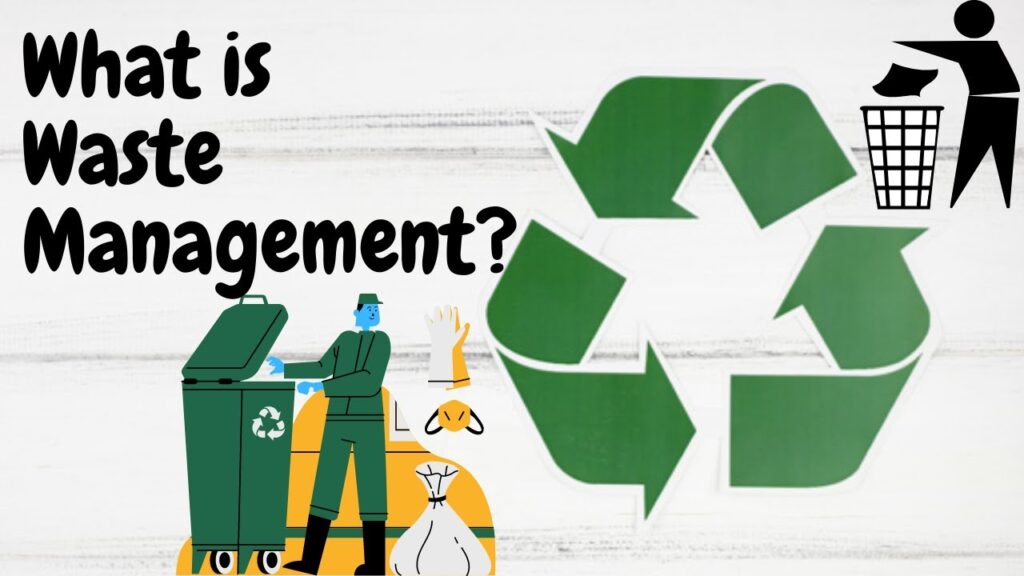
A survey of waste problems that confront modern societies, including sources, effects, and both local and international magnitude, is given for each major waste category. Control measures, reduction strategies, recycling and reuse industries are explored and their relevance to Belize and the region are discussed. This course will examine the waste problems within the world, the region and Belize. Students will examine the characteristics and composition of many different kinds of waste, drawing on a range of information from the internet to the local dump and garbage cans. They will also be looking at historical and current trends in waste generation. They will investigate some of the many solutions to waste issues, including composting, bioremediation, recycling, reuse and reduction. This course will focus on applying waste management solutions at community level.
- Teacher: Annyssa Sanchez
This course covers global and local marine ecosystems and the environmental issues affecting these ecosystems. Saltwater ecosystems are studied in order to understand the importance of these systems to human existence. The role of symbiotic relationships among marine organisms is also examined in order to analyze the human impacts on marine ecosystems and ways in which these impacts can be mitigated. Knowledge, practical and analytical skills are developed through interpretation of data and analysis of tables, charts and graphs
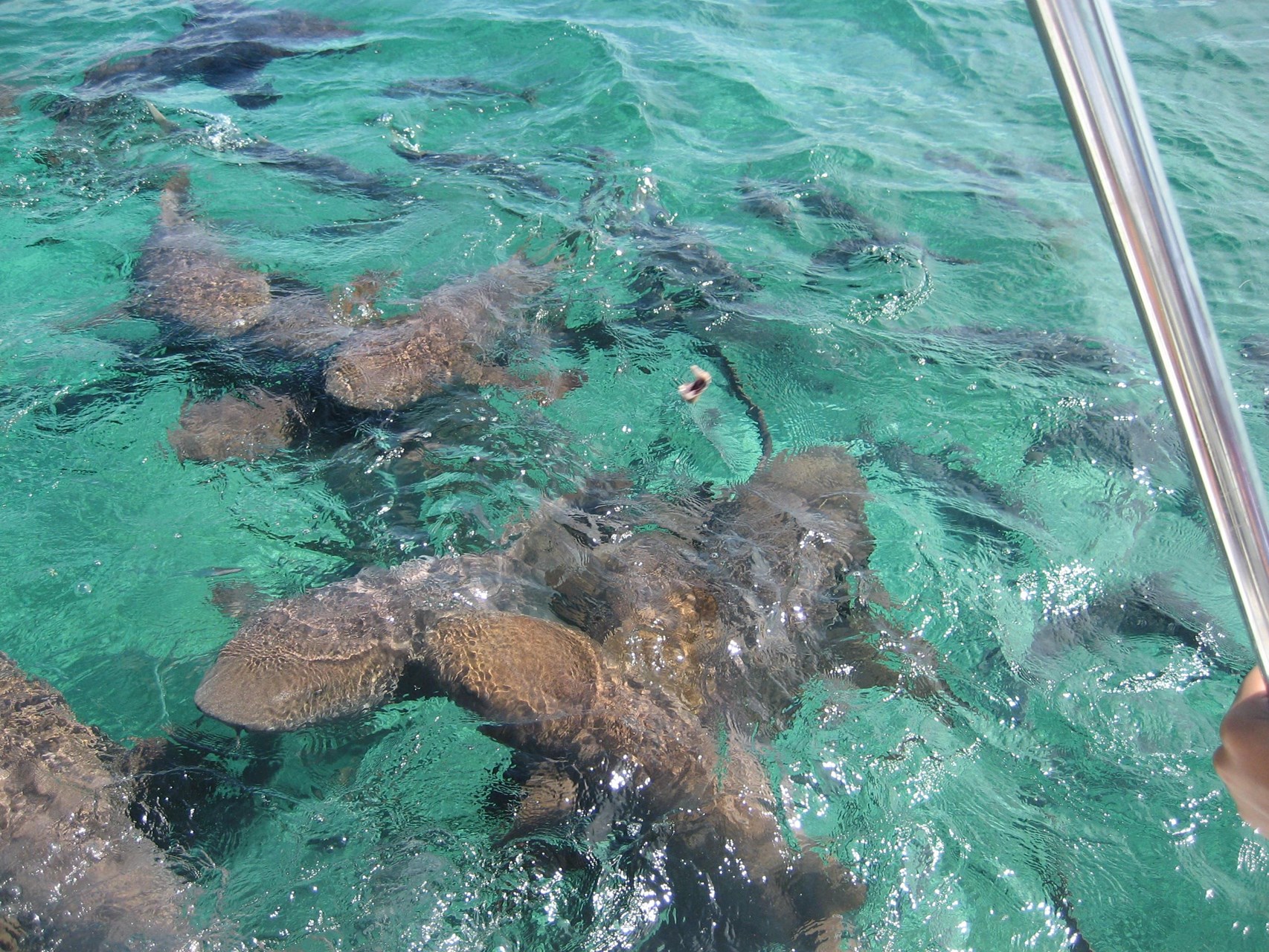
This course covers global and local marine ecosystems and the environmental issues affecting these ecosystems. Saltwater ecosystems are studied in order to understand the importance of these systems to human existence. The role of symbiotic relationships among marine organisms is also examined in order to analyze the human impacts on marine ecosystems and ways in which these impacts can be mitigated. Knowledge, practical and analytical skills are developed through interpretation of data and analysis of tables, charts and graphs
- Teacher: Annyssa Sanchez
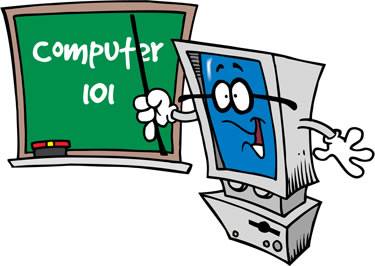
This is a required course for all students entering junior college. This course serves as an
introduction to fundamental computer concepts and techniques in using computers and
information systems at the junior college level. Students will gain knowledge about hardware,
software, business systems, networks, internet and other relevant areas pertaining to today’s
evolving technological world. This course also contains practical assignments in word
processing, spreadsheets, presentations and databases designed to teach students the necessary
skills required by today’s computerised work environment.

Fundamentals for Environmental managers, is an introductory level natural resource management course intended to provide students with a general introduction to environmental science and conservation concepts with an emphasis on sustainability. Basic principles of ecology and management of natural resources will be analyzed with emphasis on global, regional and local examples of human and ecosystem interactions. Ecological structure, function and dynamics of Earth’s ecosystems will be linked to sustainable development.
- Teacher: Annyssa Sanchez

NRM 204-1 (AS)
This course covers the historical development of environmental impact assessment both regionally and globally. It examines the purpose of environmental impact assessment and the composition of EIA’s. The importance of social impact assessment and public involvement are emphasized. Existing legislation with regards to EIA’s are analyzed in order to determine strengths and weaknesses in regulatory structure. Knowledge, practical and analytical skills are developed through interpretation of data and analysis of tables, charts and graphs as well as existing EIA documents.
- Teacher: Annyssa Sanchez

NRM 203-1 (AS)
This course covers general principles in terrestrial ecology leading to an understanding of processes that govern the interactions between humans and terrestrial ecosystems such as wetlands and rainforests. A detailed study of terrestrial ecosystems is undertaken in order to understand issues affecting terrestrial ecosystems such as those created by our social and economic systems with the aim of discussing possible solutions. Analysis of current land use legislation as well as anthropogenic impacts associated with agriculture, aquaculture, urbanization, forestry, tourism and industry is undertaken. Knowledge, practical and analytical skills are developed through assessment and monitoring of terrestrial ecosystems and interpretation of data and analysis of tables, charts and graphs relating to emerging issues such as desertification.
- Teacher: Annyssa Sanchez
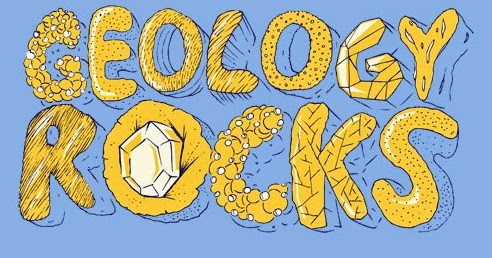
NRM 103-1 (AS)
This course covers all aspects of physical geology. Origin and formation of rocks and minerals are examined. The importance of geological processes, such as the rock cycle, tectonic cycle, to the formation of rocks and minerals is emphasized. The physical, environmental and economic importance of these processes is studied in order to understand how these minerals and rocks are prized by humans. The environmental and socio-economic impacts of use of geologic materials by humans are discussed in order to identify successful management practices of these resources. Knowledge, practical and analytical skills are developed through interpretation of data and analysis of tables, charts and graphs.
Annyssa Sanchez
- Teacher: Annyssa Sanchez
In this laboratory course students will conduct experiments that deal with aspects of the human circulatory system, the human excretory system, homeostasis, and the human endocrine and nervous systems. (Taken concurrently with BIO 202) (Prerequisites: BIO110 and BIO110L with a grade of ‘C’ or higher)
- Teacher: Gonzalo Castillo
In this laboratory course students will examine the mechanisms of asexual reproduction in unicellular and multi cellular organisms. They will observe adaptations for pollination in flowering plants, seed development, and germination. Mammalian reproductive systems will be examined under the light microscope to identify the stages of gametogenesis. (Taken concurrently with BIO 201) (Prerequisites: BIO 110 and BIO 110L with a grade of ‘C’ or higher).
- Teacher: Mauricio Calderon
This course deals with the organization, structure and transport function of the mammalian circulatory system; the concept of homeostasis and hormonal action; the role of the kidneys as excretory and regulatory organs; and the role of the nervous system in systems maintenance. (Taken concurrently with BIO202L) (Prerequisite: BIO110 and BIO110L with a grade of ‘C’ or higher).
- Teacher: Gonzalo Castillo
Mt 225-1 Mt 225-2
- Teacher: Cleon Castillo
This course looks at: principles of energetics and principles of thermodynamics, chemical kinetics, reaction rates, the rate expression, reaction orders, and catalysts; chemical equilibrium, the equilibrium constant, phase and gas equilibrium; theories of acidity, dissociation of strong and weak acids, acid-base titrations; and redox reactions and electrochemistry. (Taken concurrently with CHM 102L) Prerequisite courses for CHM 102: CHM 101 and CHM 101L with a grade of ‘C’ or higher).
- Teacher: Gonzalo Castillo
In this course, students should demonstrate an understanding of the structure of nucleic acids and their roles in protein synthesis and nuclear division; the patterns of inheritance; selected aspects of genetic engineering and its medical, agricultural, environmental, ethical and social implications; and the genetic basis of variation and its importance in natural selection. (Prerequisite: BIO110 and BIO110L with a grade of ‘C’ or higher)
- Teacher: Gonzalo Castillo
In this course, students should demonstrate an understanding of: asexual reproduction and vegetative propagation; principles of tissue culture in plants and cloning of animals; sexual reproduction in the flowering plant; seed formation and germination; sexual reproduction in humans; and prenatal development and birth in humans. (Taken concurrently with BIO 111L) (Prerequisites for BIO 111: BIO 110 and BIO 110L with a grade of “C” or higher.)
This course provides an understanding of the nature and scope of business and its role in society. It acquaints students with the functions of different business organizations and its interaction with factors of the environment in which it operates. It focuses on decision making and the factors that affect its process as well as the tools used to make decisions.
- Teacher: Carolie Verde
This course is designed for students to understand and appreciate the importance of qualitative characteristics and techniques developed in cost and management accounting for planning activities and controlling operations that are necessary in the decision-making process. It will focus on objectives and roles of budgeting, concepts of standard costing and the process of establishing standards and short-term and long-term decision-making.
- Teacher: Inair Perez
This course will enable students to understand and appreciate the role of financial accounting as an information system, which will be used as an aid in decision-making in changing economic and social environments. This course will focus on the forms of business organizations, accounting for changes in ownership structure, and preparation of the income statement and balance sheet. Requisite for ACT 102: ACT 101 with a grade of “C” or higher.
- Teacher: Inair Perez
This costing system course is designed to enable students to evaluate economic, legal, social, and technological factors and present reasonable explanations and understandable implications, and to effectively communicate them in a logical and clear manner for proper decision-making. It will focus on job costing, process costing, comparing, contrasting, and computing activity based costing, applying traditional costing methods to service sector costing, and comparing marginal and absorption costing. Pre-requisite for ACT 202: ACT 201 with a grade of “C” or higher.
- Teacher: Inair Perez
This course is designed for students to develop an understanding and appreciation of the existence and use of selected accounting standards and rules and conventions for the preparation, analysis and reporting of financial information. The focus of this course includes disclosure requirements, preparation of financial statements, interpretation of ratio analysis, and liquidation and receivership.
- Teacher: Inair Perez

This course focuses on the concept of marketing and its role in society. It allows students to appreciate the role of marketing as a management function and provides exposure to the principles of marketing management. It also enables students to develop an awareness of the impact of the environment on marketing.
- Teacher: Magda Espejo
This course deals with the roles and functions of finance and accounting in the management of business in a global environment. It focuses on the impact of changes in trade, finance and accounting procedures on the overall operations of business and focuses on appraising different types of business investments. It also allows students to develop skills to analyze cases related to problems in finance and accounting.
- Teacher: Inair Perez
This costing principle course is designed for students to understand the principles and methods of cost and management accounting and develop the ability to select, order, analyze, and present information in an appropriate accounting form to practical business situations. This course will focus on the importance and role of costing and management accounting, flow of cost for manufacturing enterprises, and elements of cost. Pre-requisite for ACT 201: ACT 103 with a grade of “C” or higher.
- Teacher: Inair Perez

This course is aimed at developing an understanding of business law. The nature and development of English and Belizean law are covered in this course. It places particular emphasis on the law of tort and contract law. In addition, students will be exposed to agency property, bankruptcy, wills, estates, trusts, and government regulation.
- Teacher: Magda Espejo

This course provides an understanding of the nature and scope of business and its role in society. It acquaints students with the functions of different business organizations and its interaction with factors of the environment in which it operates. It focuses on decision making and the factors that affect its process as well as the tools used to make decisions.
- Teacher: Magda Espejo
This course is designed for students to develop an understanding of what accounting is and to appreciate the principles and concepts of financial accounting and their application to business situations. The major units in this course are the nature and scope of the financial accounting cycle; the conceptual framework of accounting; recording changes in assets, liabilities, capital, revenues, expenses, and income; and internal control systems used to protect the assets of an organization.
- Teacher: Carolie Verde
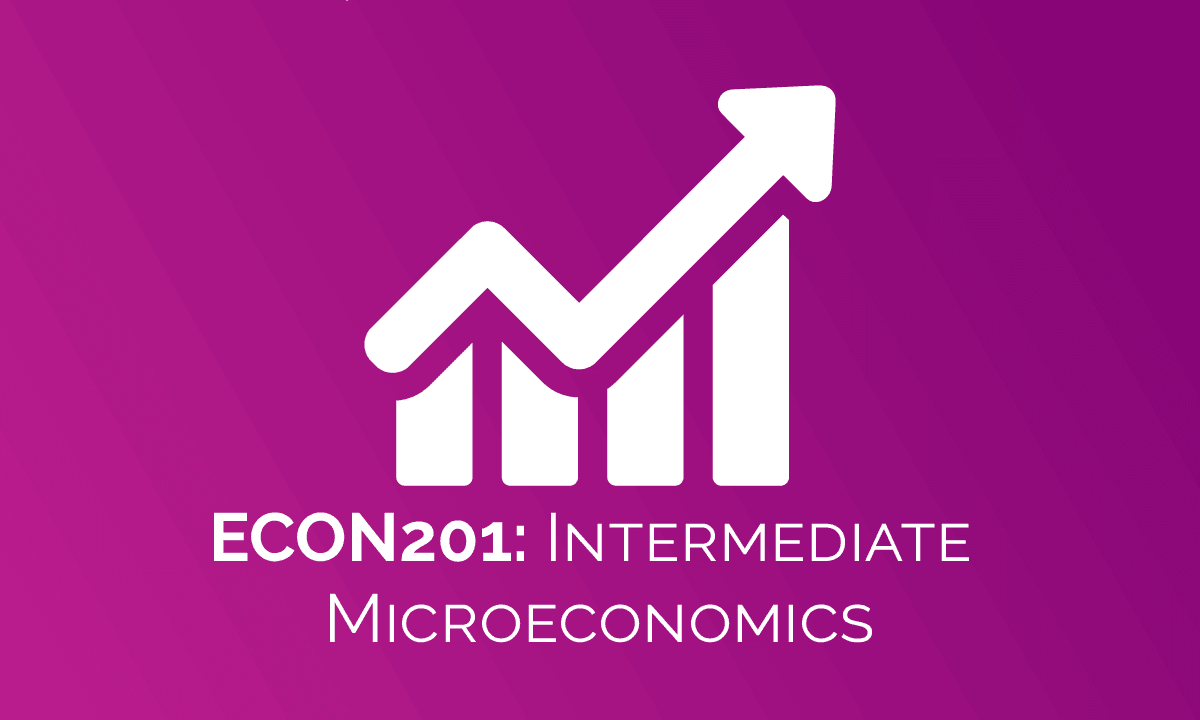
This one semester microeconomics course focuses on the foundations of the analysis of microeconomic decision-making, such as game theory and competitive strategy, markets for factor inputs, investment and capital markets, market failure, and the role of government. It further acquaints students with the concept of markets with asymmetric information and decision making with incomplete information.
- Teacher: Magda Espejo
Principles of Economics ECN 101-5 (AG)
- Teacher: Arturo Gonzalez
Principles of Economics ECN 101-4 (AG)
- Teacher: Arturo Gonzalez
Principles of Economics ECN 101-3 (AG)
- Teacher: Arturo Gonzalez
Teacher: Mr.Sergio Cal
- Teacher: Sergio I. Cal

EMP 101
Charting your career path
This course deals with the roles and functions of finance and accounting in the management of business in a global environment. It focuses on the impact of changes in trade, finance and accounting procedures on the overall operations of business and focuses on appraising different types of business investments. It also allows students to develop skills to analyze cases related to problems in finance and accounting.
- Teacher: Inair Perez
This costing principle course is designed for students to understand the principles and methods of cost and management accounting and develop the ability to select, order, analyze, and present information in an appropriate accounting form to practical business situations. This course will focus on the importance and role of costing and management accounting, flow of cost for manufacturing enterprises, and elements of cost. Pre-requisite for ACT 201: ACT 103 with a grade of “C” or higher.
- Teacher: Inair Perez
- Teacher: Cindy Castillo
This course is designed for students to develop an understanding of what accounting is and to appreciate the principles and concepts of financial accounting and their application to business situations. The major units in this course are the nature and scope of the financial accounting cycle; the conceptual framework of accounting; recording changes in assets, liabilities, capital, revenues, expenses, and income; and internal control systems used to protect the assets of an organization.
- Teacher: Inair Perez
- Teacher: Sherline Magana
- Teacher: Sherline Magana
- Teacher: Sherline Magana
This course deals with the roles and functions of finance and accounting in the management of business in a global environment. It focuses on the impact of changes in trade, finance and accounting procedures on the overall operations of business and focuses on appraising different types of business investments. It also allows students to develop skills to analyze cases related to problems in finance and accounting.
- Teacher: Cindy Castillo
- Teacher: CINDY YOALY ROMERO
